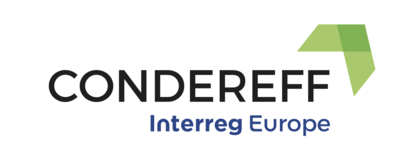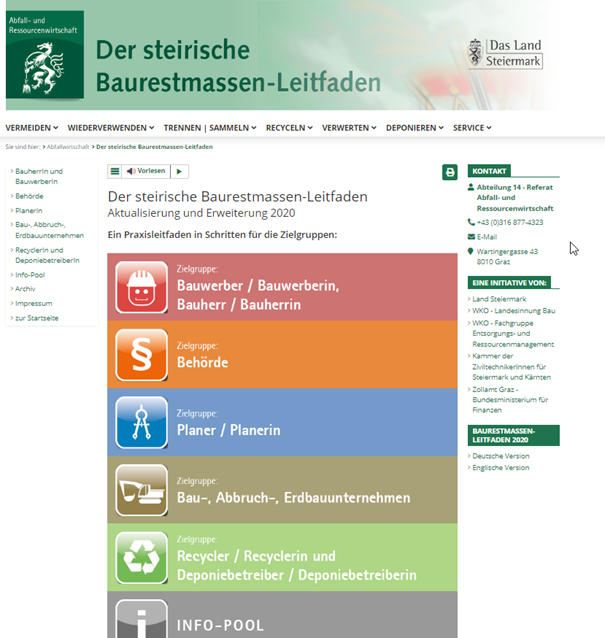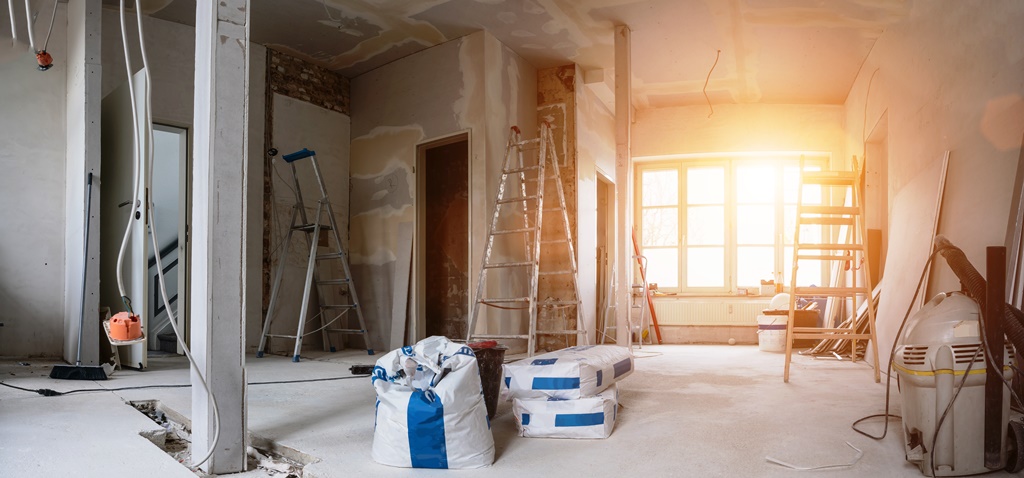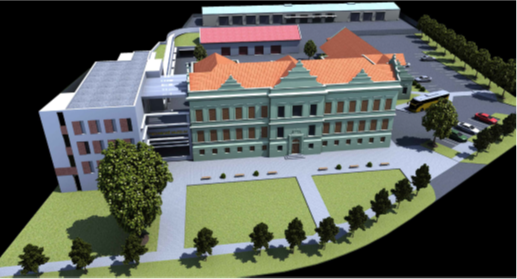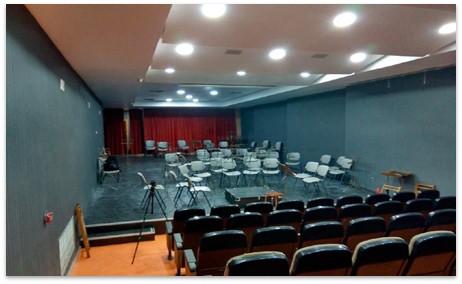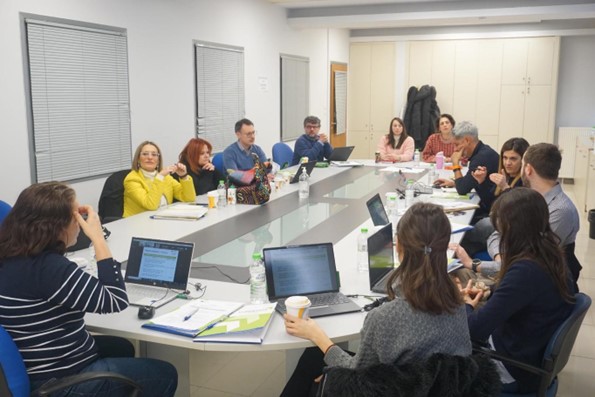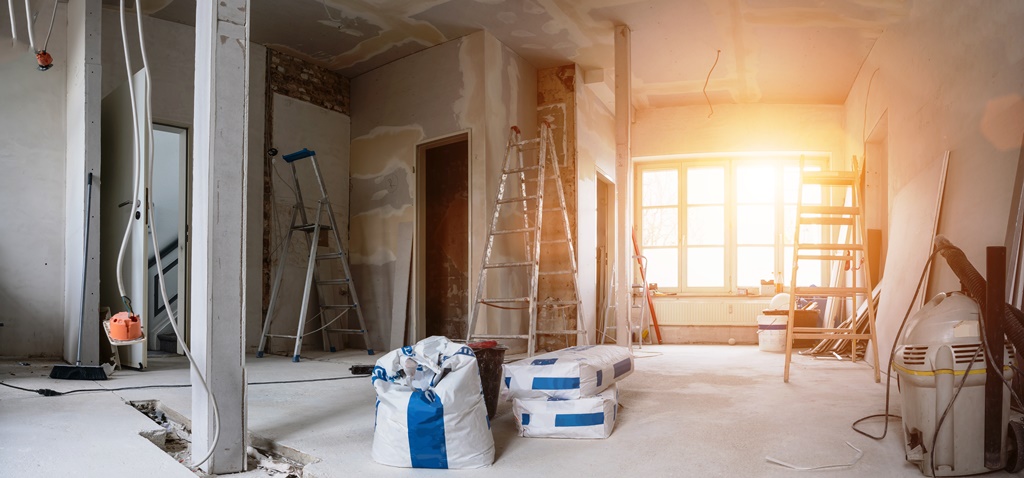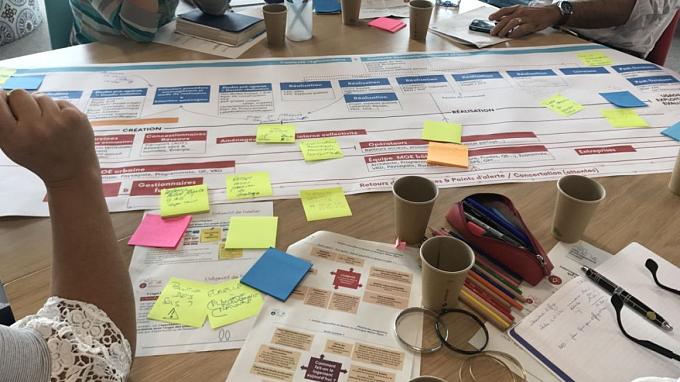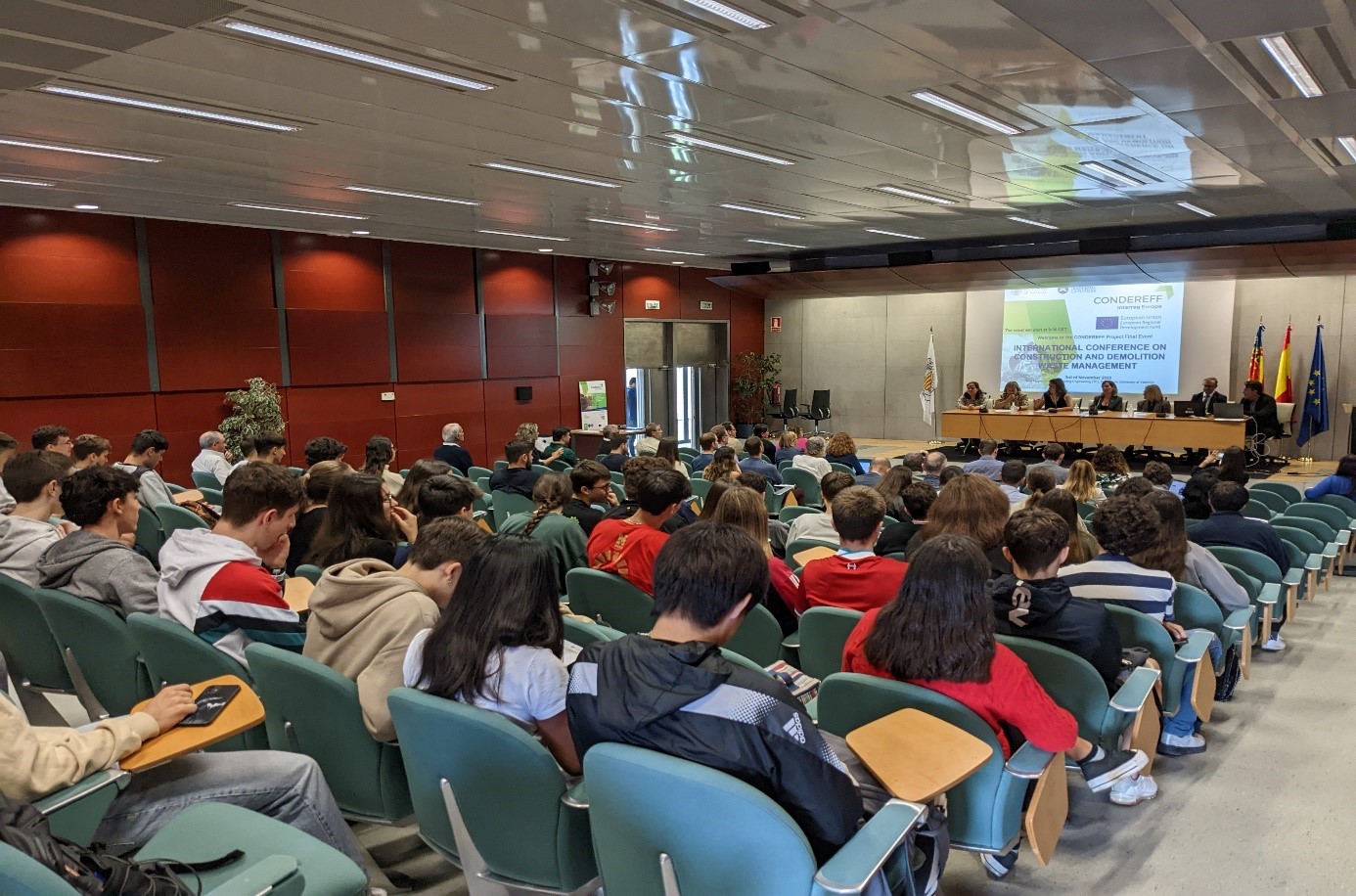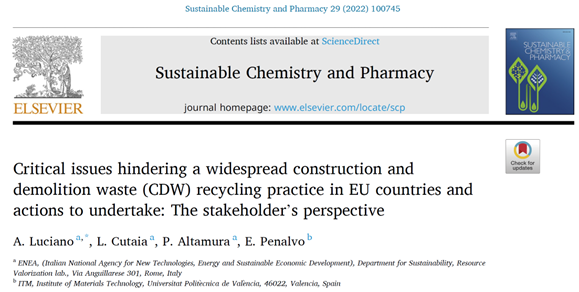This workshop on management of construction and demolition waste was organized in an institutional setting within the City Centre of Rome with about 100 participants, mainly coming from the Professional Orders such as Engineers, architects and Geologists. Participation in this workshop allowed engineers and geologists to receive training credits useful for the updating necessary to carry out their profession.
The first speaker of the Meeting was Mr. Alessandro Drago, Project Officer of Lazio Region that introduced the main results of the Condereff project, mainly describing the analysis and research carried out during the project and the good practices taken into consideration by the Lazio Region for their future transfer in the regional policies on waste management. Mr. Drago stressed the opportunity to adopt European good practices especially in the field of traceability of C&D waste, making use of the work carried out in the Condereff project, from which important European experiences emerged such as the French Guide Oréè to better deconstruct and recycle C&DW from construction and demolition from the public works.
The Workshop was organized with the contribution of one of the Condereff project Stakeholders (COREINE) who took part in the final Meeting held in Valencia in November 2022. The workshop continued with the presentation of the recently approved new end of waste decree dedicated to construction and demolition waste. It then continued with interventions by the business world both on European regulations and on the opportunity to boost the circular economy given by the new national legislation. Specifically, Confindustria (main Italian Chamber of Commerce) spoke of the minimum environmental criteria and sustainability as drivers for the acceleration of the circular economy in Europe.
The main objective of the Lazio Region's participation in this workshop was to make the professional world aware as much as possible of the importance of the work carried out by the Condereff project in terms of the exchange of good practices at European level on a topic often not much debated outside a small circle of operators. The meeting also represented an opportunity to raise awareness of the EU Protocol on the management of construction and demolition waste as a possible driver for the transition to a circular economy. In fact, the holistic approach given by the protocol touches on all aspects relating to the waste management and therefore affects various working sectors which may be directly involved.
